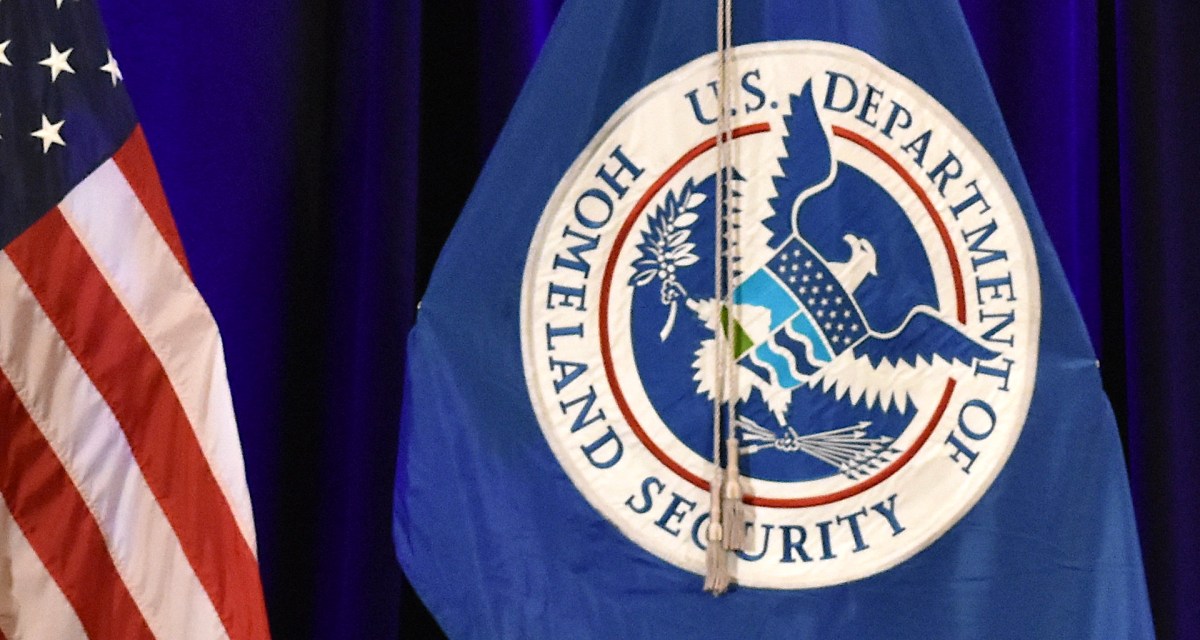DHS still finding a balance between enterprise architecture and CDO functions

Structural issues have made it hard for the Department of Homeland Security to balance its enterprise architecture and chief data officer functions since the passage of the Evidence Act.
The Foundations for Evidence-Based Policymaking Act became law in January 2019 and required all 24 CFO Act agencies, DHS included, to appoint nonpolitical CDOs.
With the added publication of the Federal Data Strategy, a growing number of DHS agencies have appointed CDOs, which has proven difficult for such a federated department, said Chris Campbell, acting chief enterprise architect and deputy CDO.
Campbell’s boss, CTO Brian Teeple, was also made CDO to comply with the Evidence Act. Campbell became deputy CDO.
Many of the larger agencies within DHS — the Federal Emergency Management Agency, Transportation Security Administration and Immigration and Customs Enforcement — already have “strong” chiefs of enterprise architecture who similarly were dual-hatted as CDOs, Campbell said.
“I know that there’s going to be more and more CDOs cropping up across our agencies, and it’s going to be potentially impacting the enterprise architecture shops,” Campbell said during a Digital Government Institute webinar Wednesday. “And so I thought it would be a great idea to bring together the chief data officers, or people acting in that role, and talk in front of the enterprise architecture community about where these places are where we have potential overlap, the unfortunate potential for conflict, and the hopefully positive potential for synergies and value add.”
The CDO and DCDO at headquarters have found themselves in a “coordination role,” focusing on data governance and fostering collaboration while giving agency CDOs the freedom to focus on data gathering, analytics and artificial intelligence, he added.
DHS also needs to improve communication around implementing the Federal Data Strategy and keep the focus on the data community, rather than department policymakers and lawyers — some of whom are out of the loop, Campbell said.
“I would like to say that we have a really solid, unified strategy on how we’re attacking this, but the truth of the matter is we have a Data Governance Council, where we have our data-centric representation from across the department,” Campbell said. “And we’re going through the Federal Data Strategy, and we’re looking at the things that we want to try to accomplish.”




